3 Reasons Why Proper Classification Is Vital for Trenching and Excavation
In the world of construction, trenching and excavation are common yet high-risk operations. One of the most important factors in reducing that risk is proper soil classification. While often overlooked, this step plays a critical role in safety, project costs, and environmental impact. Below are three essential reasons why excavation companies should always prioritize accurate soil classification.
1. Prevent Accidents With Accurate Soil Identification
Safety must always be the top priority on any excavation site. Trench collapses are among the deadliest hazards in construction, often caused by incorrect or skipped soil classification. According to Urbint, OSHA has three classifications for soil: Type A, Type B, and Type C. Properly categorizing the soil is a crucial part of trenching and excavation safety, and that responsibility is held by the competent person.
Each soil type reacts differently under pressure, and failing to understand this can lead to structural failure and severe injuries. Type A soil is more cohesive and stable, while Type C is the least stable and most prone to collapse. Excavation companies that assess soil correctly are better equipped to implement appropriate protective systems like trench boxes, sloping, or shoring.
2. Reduce Costs Through Better Planning
Financial efficiency is another strong reason to prioritize proper classification. When soil is misclassified, contractors may use the wrong equipment or install incorrect safety systems, leading to delays, increased labor, and unplanned expenses. Excavation companies that take time to conduct accurate soil testing early on can avoid costly setbacks and keep projects moving on schedule.
Proper classification also streamlines planning. It allows teams to match the correct tools and support systems to the site conditions, improving workflow and reducing the need for rework.
3. Protect the Environment and Comply With Regulations
Beyond safety and budgets, proper soil classification is essential for environmental responsibility. Each soil type has different drainage, erosion, and compaction characteristics. Mismanaging excavation in unstable or sensitive soil types can lead to site degradation, runoff, and environmental violations.
Proper soil classification isn’t just a procedural step—it’s a foundation for safe, efficient, and environmentally responsible trenching and excavation. From protecting workers to avoiding costly mistakes and meeting environmental regulations, accurate soil analysis offers far-reaching benefits. For reliable excavation services backed by knowledge and experience, contact AAA Advantage Carting & Demolition today and learn how we help keep your job sites safe and productive.
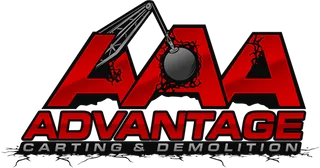
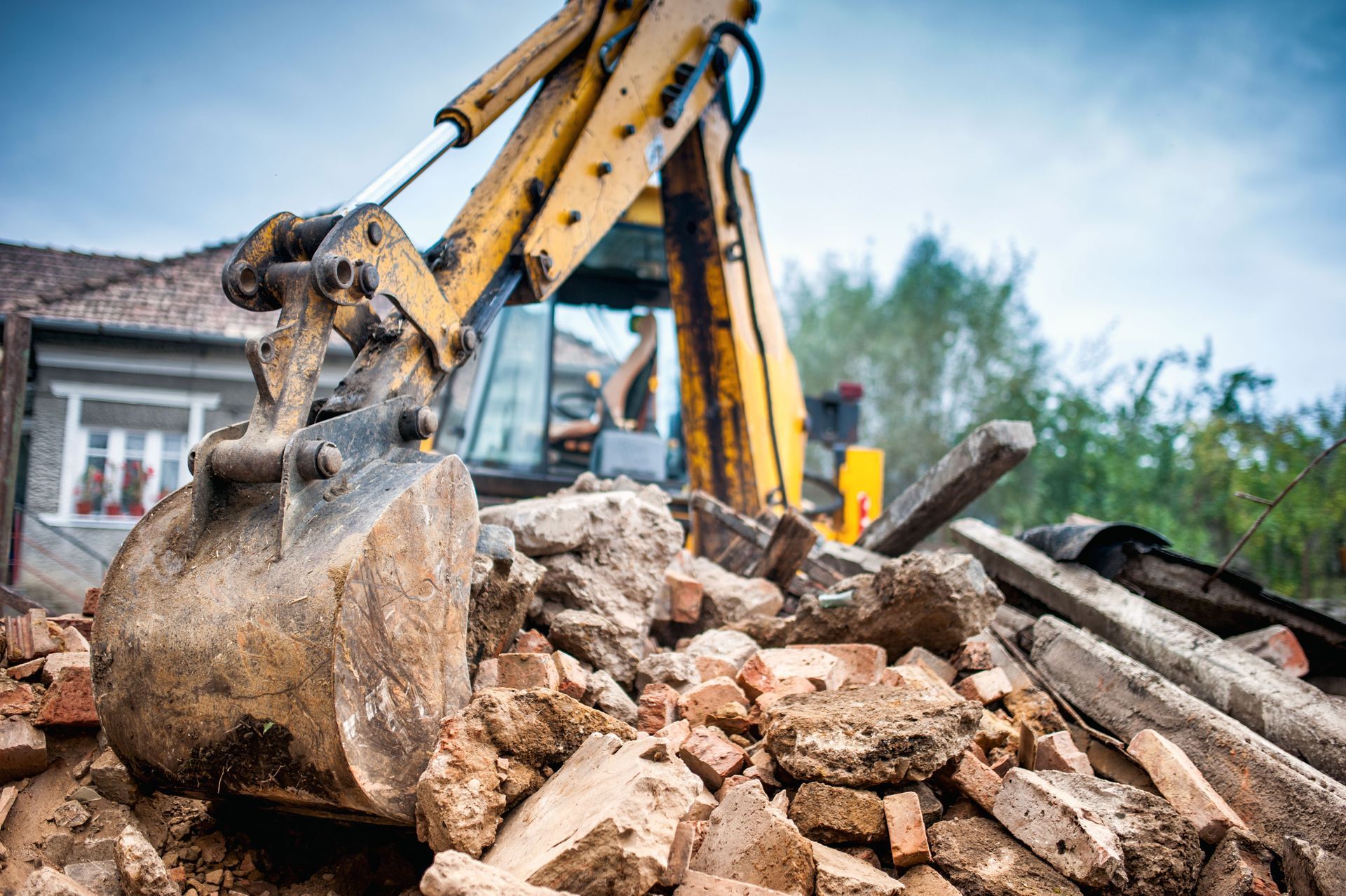
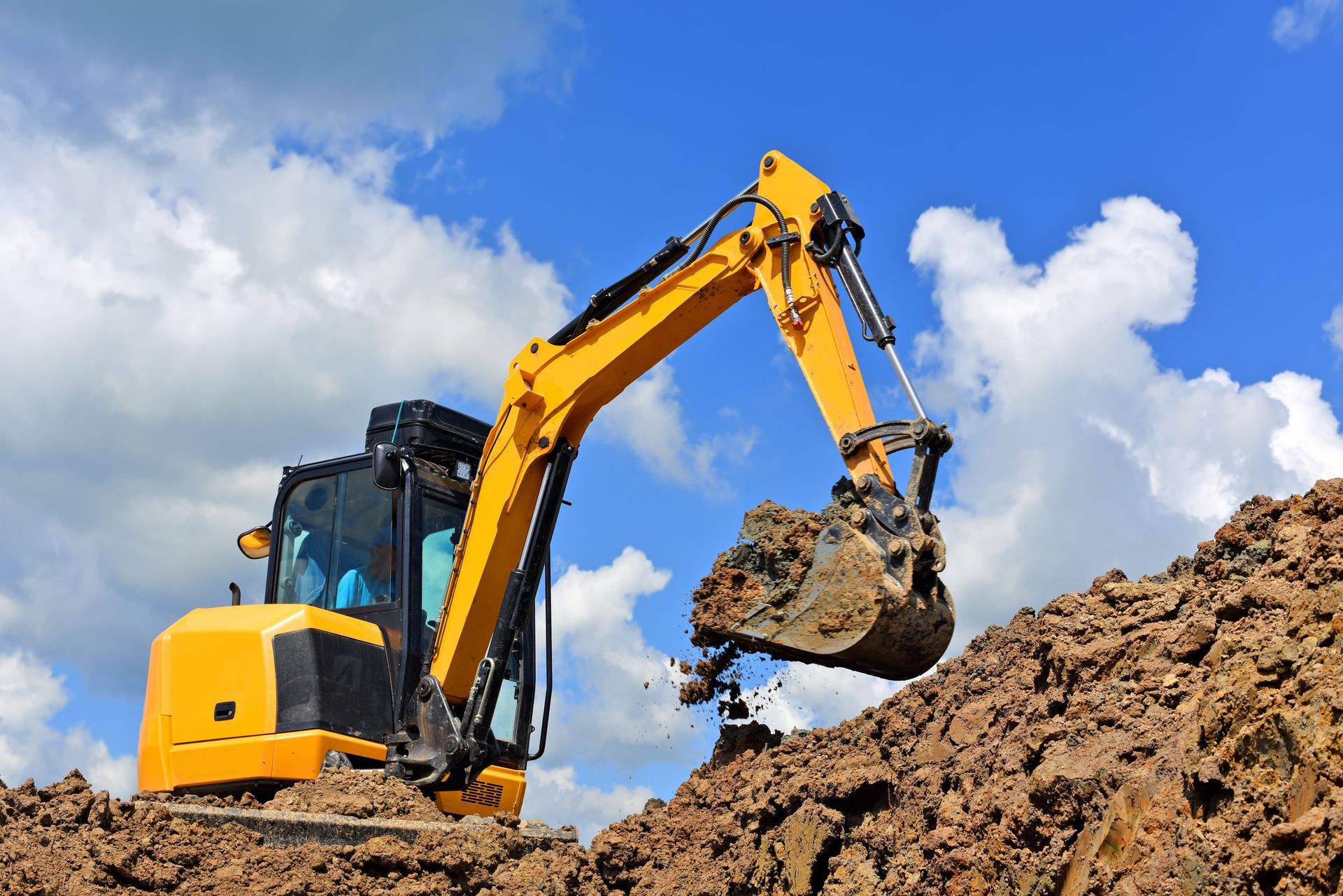
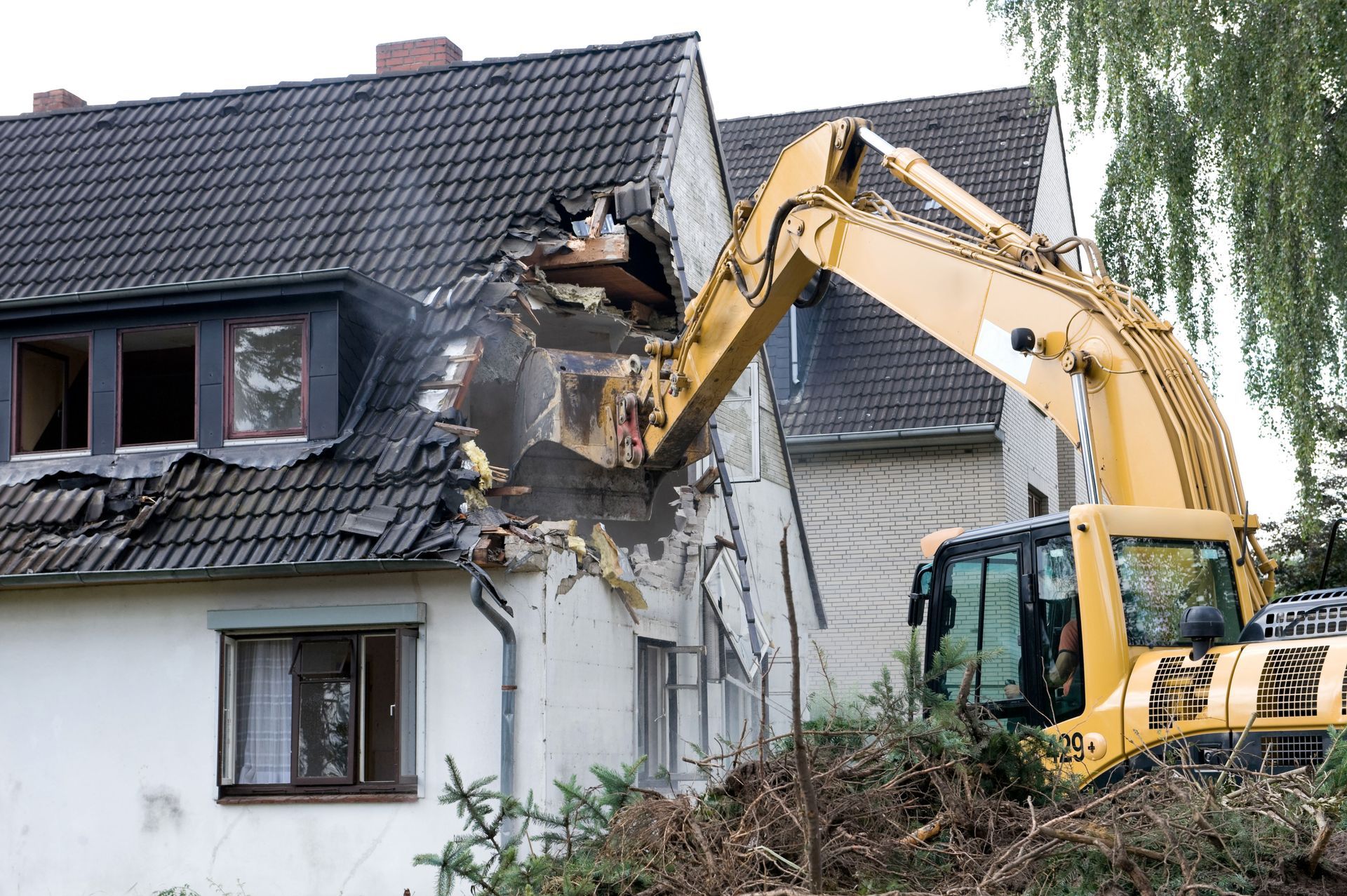
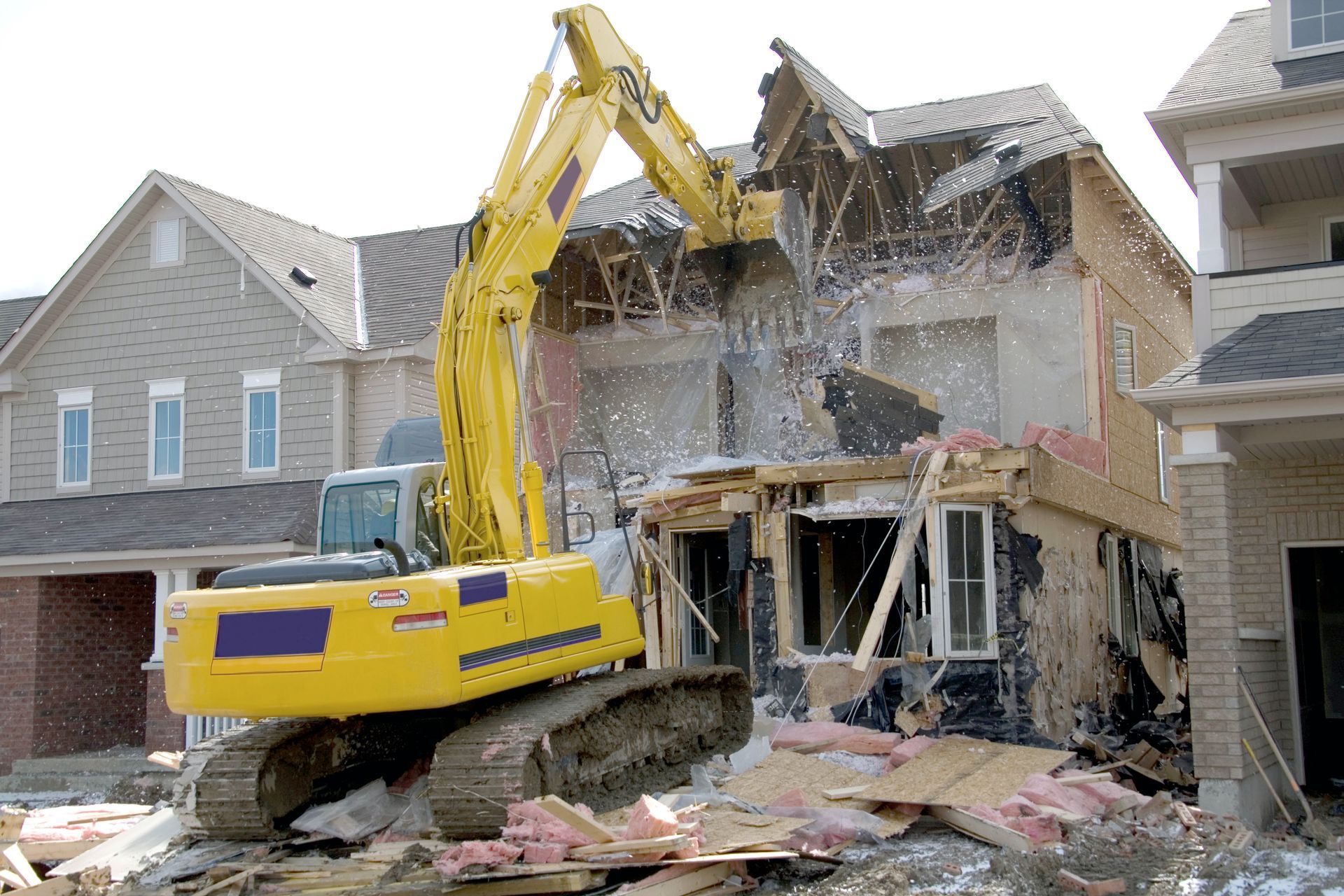
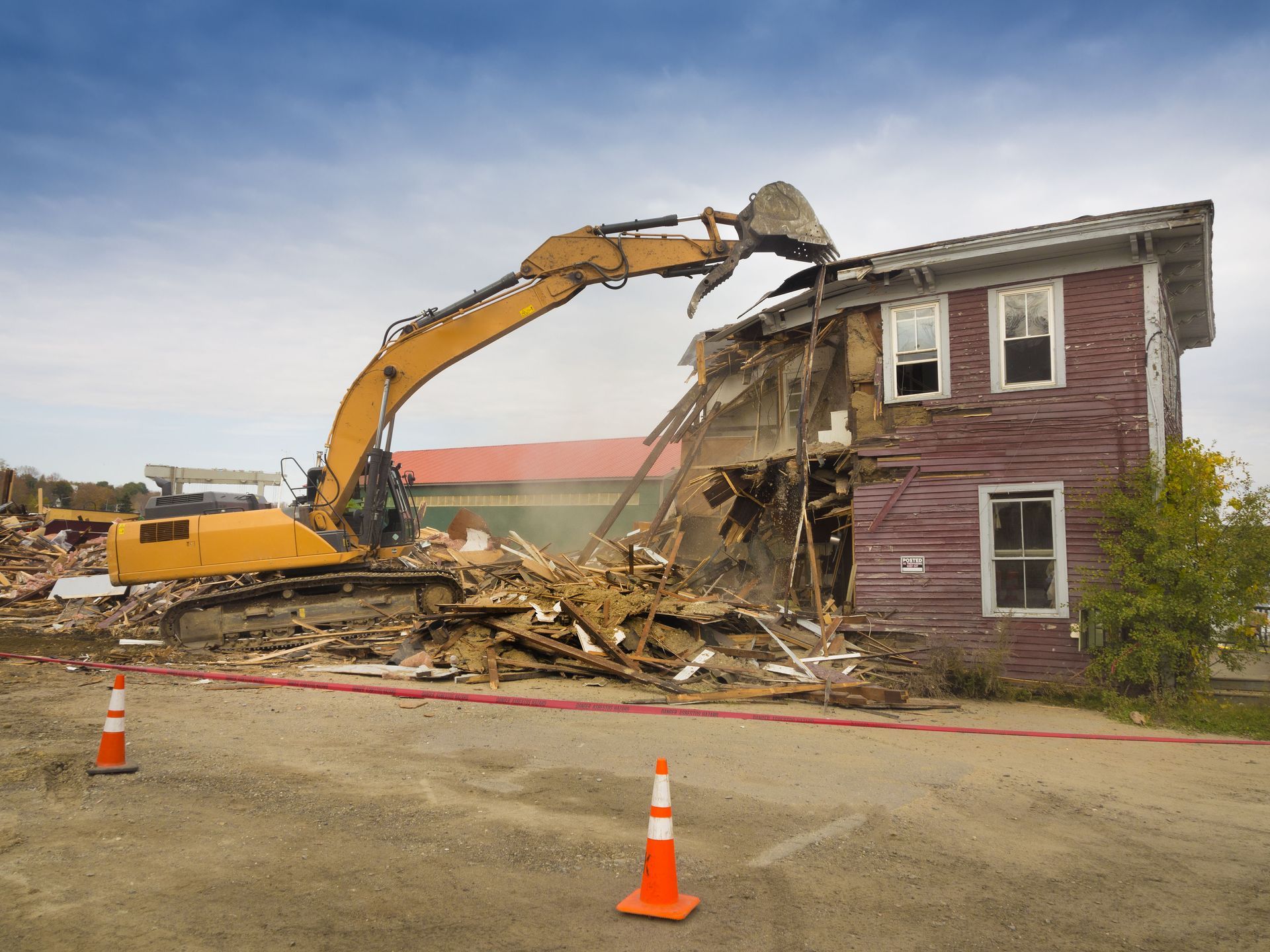
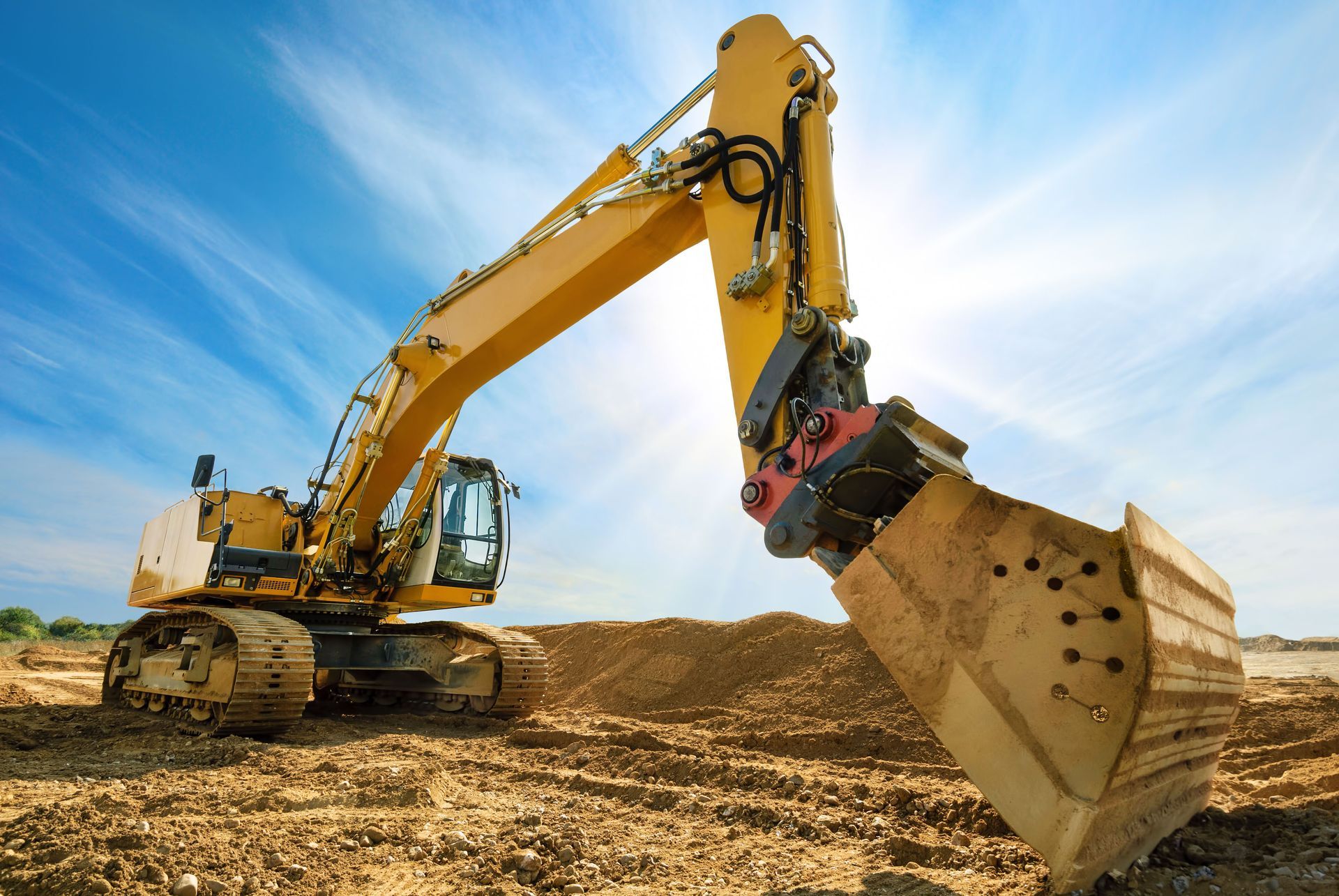
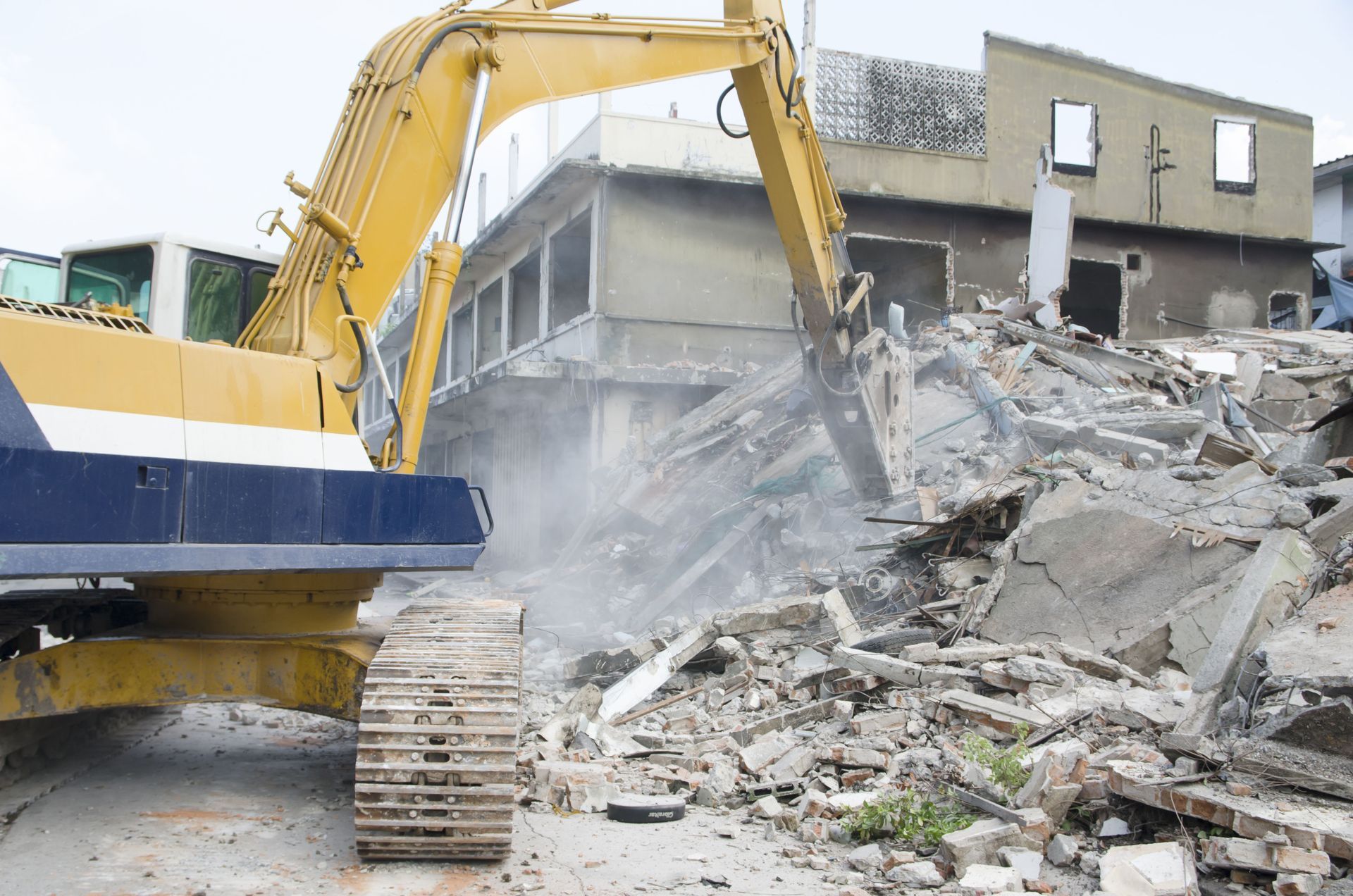
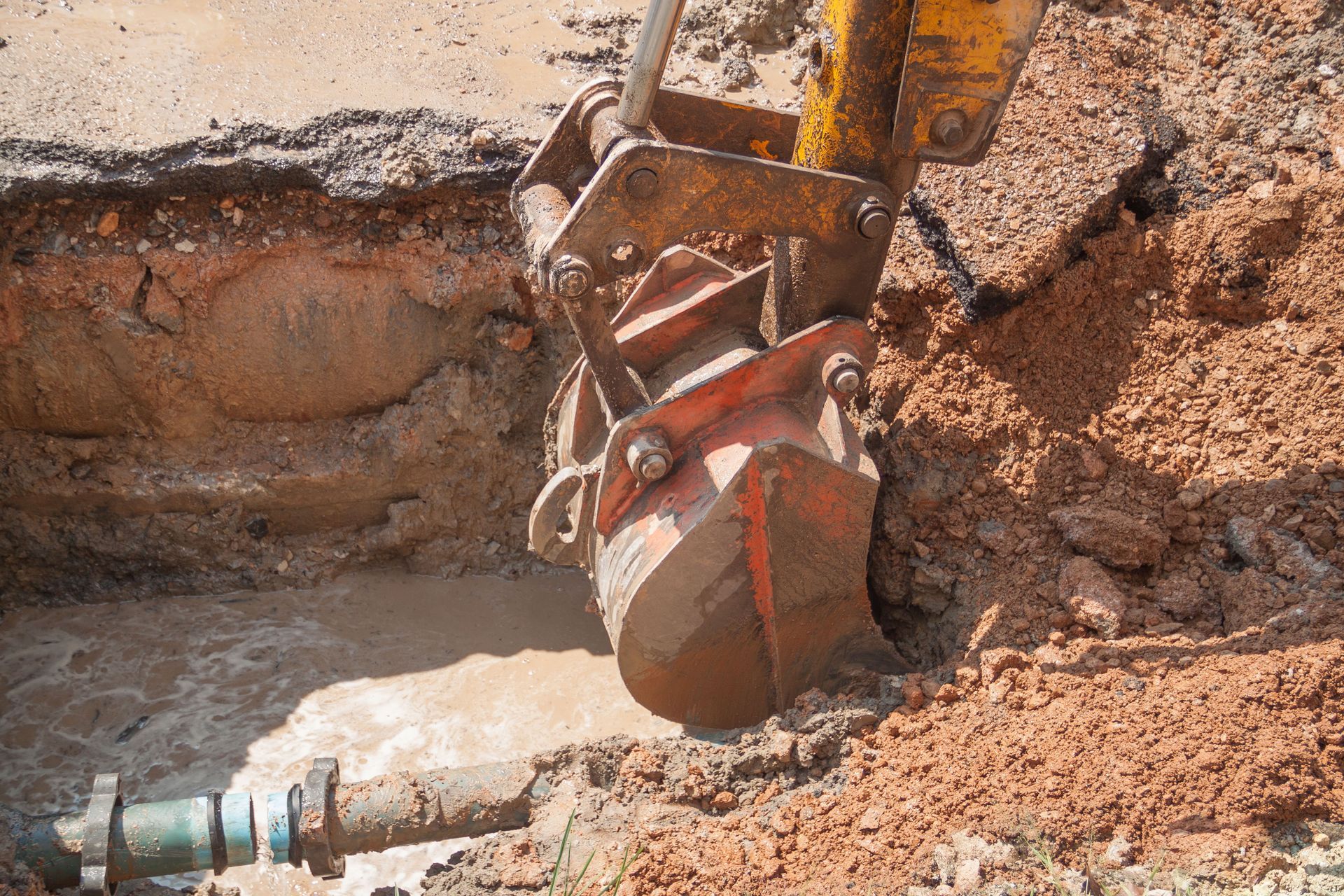
Share On: